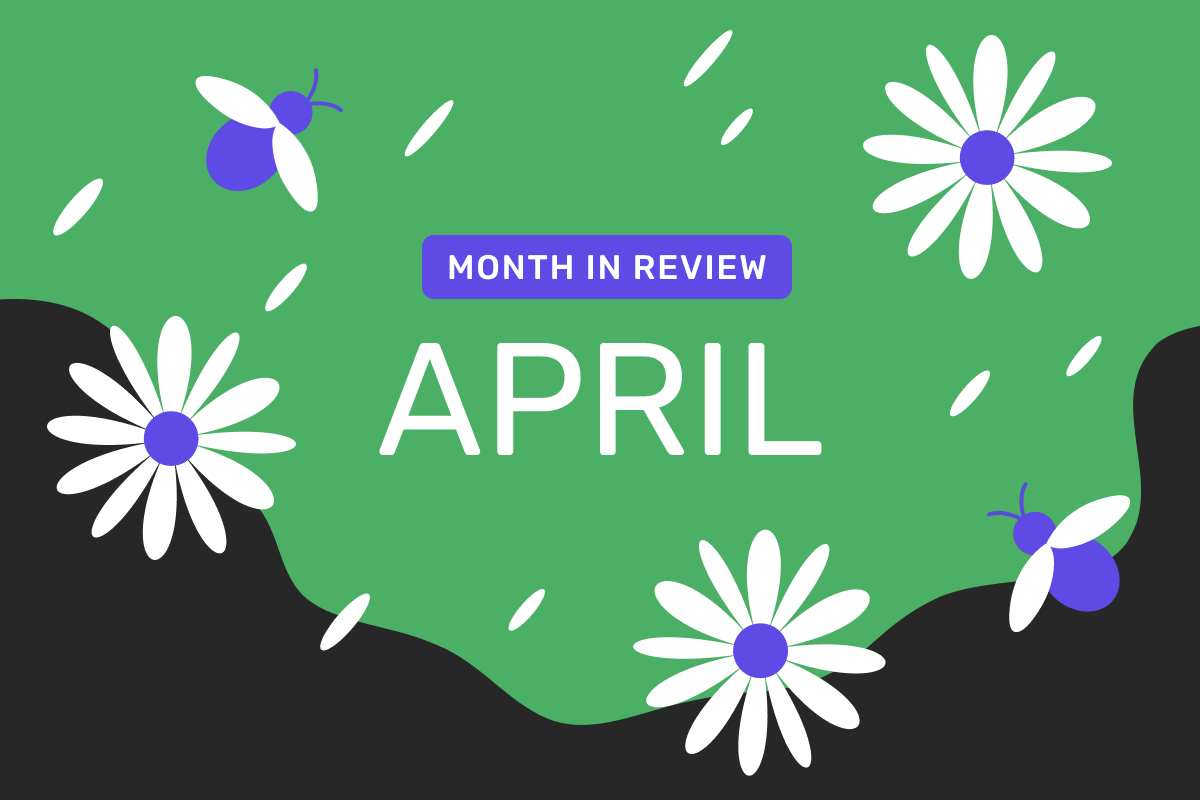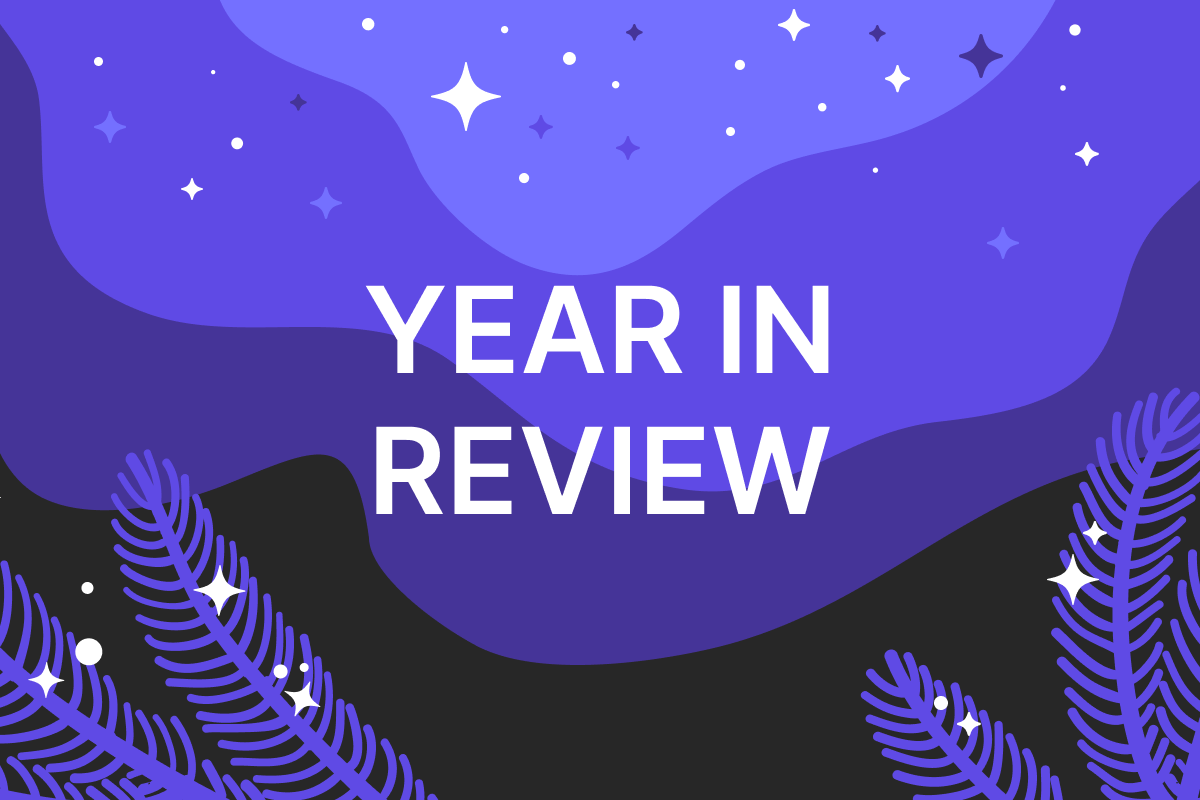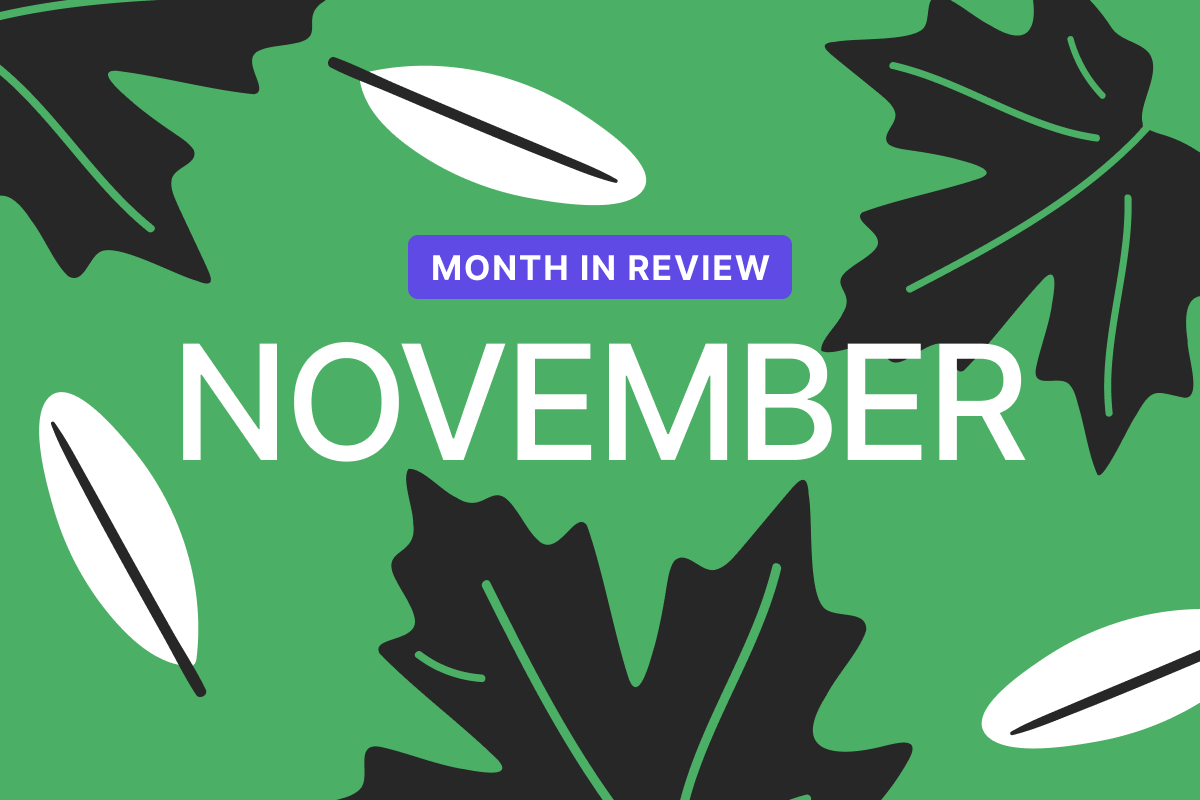Here comes the end of April, bringing you a subtle transition from spring’s freshness to summer’s heat and yet another month in review from Genome!
The month was packed with informative articles for both businesses and individuals. Find the topics that might interest you below!
Banks and financial institutions: which one’s for you?
Nowadays, there’s a plethora of financial institutions, and for a good reason: many of them provide specific services catered to particular companies, types of users, and ways in which such services are provided. We covered such topics in multiple blog articles.
For instance, navigating the financial landscape as a freelancer can be challenging, especially when it comes to separating personal and business finances. Our team explained why opening a business account is more than just a formality for self-employed professionals – it’s a practical step toward financial clarity and long-term growth.
We outlined how business accounts simplify tax reporting, enable easier expense tracking, and project a more professional image to clients. With tailored banking solutions becoming more accessible, freelancers can find providers, like Genome, that support their specific workflow and income patterns.
Understanding the broader context of banking services is essential as your career or business evolves. To do that, you first need to grasp the distinctions between personal and business-oriented banking, which we explored in greater depth.
The article emphasizes how retail banking focuses on individuals’ daily financial needs, while corporate banking is geared toward businesses that require more advanced financial products like payroll solutions, multi-user account management, and international transfers.
Last but certainly not least, the Genome team explained how online banking is taking over, offering easy-to-access, quality services to both individuals and companies. We rounded out the discussion by identifying what makes digital banking truly efficient. Security, intuitive interface, real-time notifications, seamless international transactions, and customer support are not just features – they’re essentials.
Find out how to choose the best online financial services and why Genome may be just up your alley in our dedicated article!
Cash matters
No matter how digitized the world becomes, cash is still widely used for payments and purchases, raising some important questions.
For instance, there are situations where digital transfers aren’t an option, especially in countries with less developed banking infrastructure. Genome’s article “How it works: cash pickup” broke down how this alternative money transfer method can be used.
It allows recipients to collect cash in person from designated locations, often within minutes of the transaction being initiated. Our team also explained the security and verification measures that help ensure safe delivery.
Another cash issue you might face when traveling abroad is how much physical money you should bring. Genome explored some of the regulations surrounding cross-border cash transportation. What you need to know is, while traveling with large sums isn’t inherently illegal, exceeding certain thresholds requires a proper declaration to avoid penalties or confiscation.
Our article also offered some essential practical tips for travelers, such as separating funds and carrying documentation.
Going contactless? Know your limits
There’s no argument: contactless payments are one of the best financial solutions catering to your convenience. It literally takes seconds to tap your phone at the checkout and receive your payments.
However, just as with regular debit and credit cards, contactless payments may have their limits. The Genome team dove into various limits imposed on contactless payments designed to improve security and prevent unauthorized use.
These limits can vary depending on the country, bank policies, and the type of card or device used. For instance, there might be a maximum amount allowed per transaction or a daily limit, after which additional authentication, such as a PIN, is required.
Check the article to prevent awkward situations in the future and keep your financial operations lightning-fast!
Understanding pending transactions
Some banking aspects can be annoying, but they can’t be skipped. For instance, pending transactions. However, if your transaction is pending, it doesn’t mean that something is wrong with it.
Our team provided an overview of pending transactions and why they occur. It clarifies that a pending transaction is a temporary hold placed on funds after a purchase, typically with a debit or credit card.
We also explained some of the common causes for this occurrence, including card payments, electronic transfers, or pre-authorized payments, such as hotel bookings or ticket reservations.
Did you miss Genome’s previous month in review? Don’t forget to check last month’s updates for informative articles and product updates!






